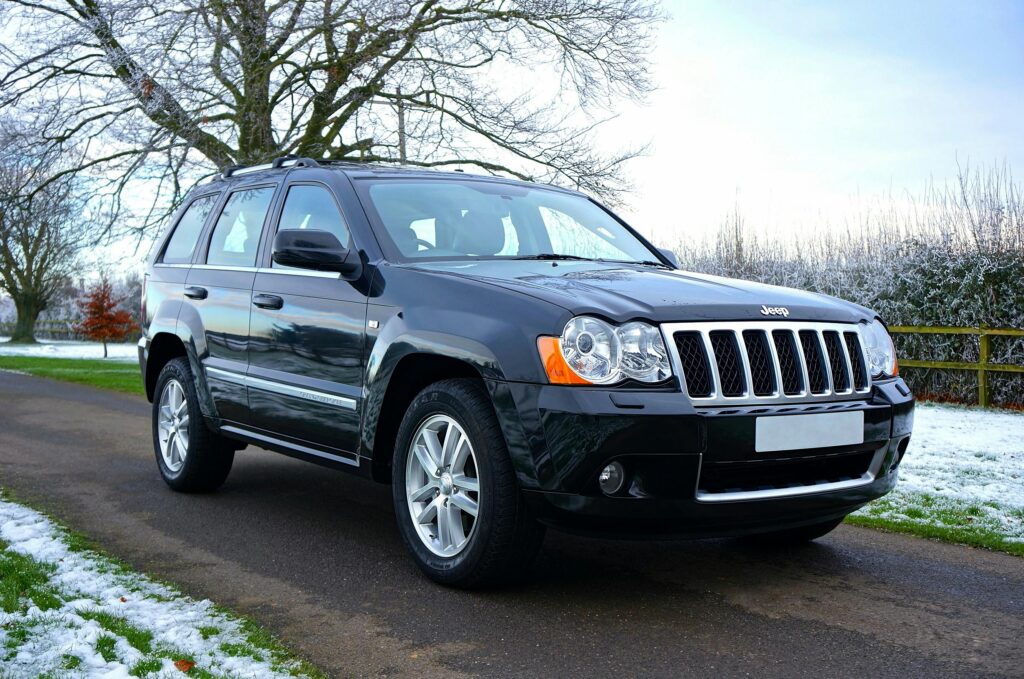
For businesses of all sizes, vehicle expenses are a significant operational cost. Fortunately, the Internal Revenue Service (IRS) recognizes the importance of automobiles in conducting business and allows deductions for qualified expenses. However, navigating these deductions can be complex, with different methods and specific requirements.
Eligibility: Business owners, independent contractors, and any individual using their personal vehicle for business purposes can claim a portion of their auto expenses.
Deduction Methods: The IRS offers two primary methods for calculating business auto deductions:
- Standard Mileage Rate: This simplifies calculations by providing a flat rate per business mile driven (currently 67 cents for tax year 2024).
- Actual Expense Method: This method allows for deducting the actual costs associated with operating the vehicle, including gasoline, repairs, insurance premiums, and depreciation.
Strategic Selection: Choosing the optimal method depends on individual circumstances. Business owners need to keep records for both mileage and actual expenses to determine which method will benefit them the most.
Record-Keeping Essentials: Taking automobile deductions necessitates meticulous record-keeping. Businesses should retain receipts for all car-related expenses, including gasoline, repairs, maintenance, and any additional business use costs. Mileage needs to be tracked between business use, personal use, and commuting regardless if the mileage or actual method is used, as the relative business miles are used to prorate actual expenses incurred. Consider using a mileage app such as MileIQ to make tracking miles easier. You can also use a mileage log book.
Section 179 and Bonus Depreciation for Vehicles in 2024
If you’re a business owner looking to reduce your tax burden in 2024, consider the benefits of Section 179 and bonus depreciation for vehicles. These IRS tax breaks can significantly lower your taxable income, putting more money back in your pocket.
Understanding Section 179:
Section 179 allows businesses to deduct the full cost of qualifying equipment, including some vehicles, in the year they are placed in service. This means you can immediately write off a significant portion of the vehicle’s purchase price, instead of depreciating it over several years.
Key Points for Section 179 in 2024:
- Deduction Limit: The maximum deduction for 2024 is a generous $1,220,000. However, this amount starts to phase out once total equipment spending surpasses $3,050,000.
- Qualifying Vehicles: Generally, Section 179 applies to qualifying business vehicles, not personal vehicles used for occasional business trips.
- Heavy SUV Bonus: There’s a special rule for heavy SUVs (GVWR between 6,001 and 14,000 pounds) used primarily for business. In 2024, the maximum Section 179 deduction for these vehicles is $30,500. However, the business use percentage needs to be more than 50% to qualify for the full deduction.
Bonus Depreciation: An Additional Tax Advantage
Bonus depreciation allows businesses to deduct a percentage of the cost of qualifying property, including some vehicles, in the year it’s placed in service. This deduction is applied on top of any Section 179 deduction claimed.
Bonus Depreciation for Vehicles in 2024:
- Deduction Rate: The bonus depreciation rate for 2024 is 60%. This means you can deduct an additional 60% of the remaining vehicle cost (after applying Section 179 if applicable) in the first year.
- Important Note: Bonus depreciation is a temporary provision set to decrease by 20% each year until it’s completely phased out in 2027 (unless extended by Congress).
Disclaimer: Consulting with a qualified tax professional is always recommended. They can assist in selecting the most advantageous method for your specific situation and ensure compliance with IRS regulations. By implementing strategic planning and maintaining meticulous records, businesses can leverage their business automobiles into significant tax savings. If you need help with your tax strategy, High Impact CPA can help.


